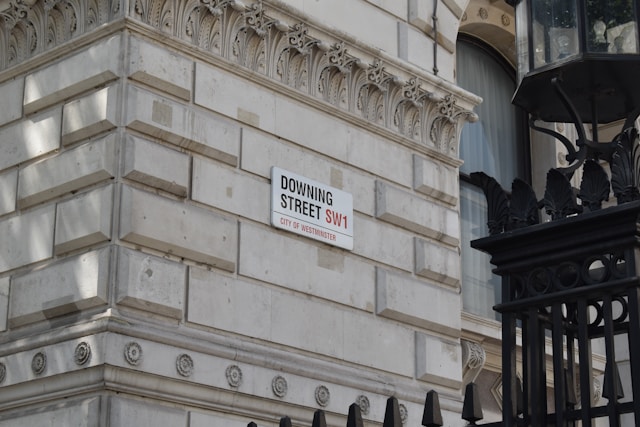Oracle Share Price Analysis: Bearish Phase, Valuation Signals and Bullish Reversal Outlook
$154.97
04 Feb 2026, 11:45

Unsplash.com

A "painful" budget usually signals significant tax increases are coming.
Chancellor Rachel Reeves asserts that in order to close a "black hole" in the public coffers, she must find £22 billion.
In addition, she is promising to abandon austerity and allocate funds for infrastructure projects like roads and hospitals, which are essential for promoting prosperity.
The government of the United Kingdom has opted to adhere to the extant "fiscal rule," which stipulates that the government's overall debt must decrease within a five-year period.
These regulations are in place in almost all wealthy nations in order to preserve their reputation with investors and taxpayers.
The UK has ran a deficit—the difference between money coming in and going out—for nine of the last ten years, and the gap is often made up by borrowing on those markets. The higher the borrowing costs, the less believable the regulations or the efforts to comply with them.
The chancellor makes the decisions for themselves. The autonomous Office for Budget Responsibility (OBR) is in charge of marking their assignments and determining how it will affect the public coffers.
Reeves declared she would essentially follow the guidelines established by her predecessor, Jeremy Hunt, before the general election. The OBR predicted that he would satisfy the requirements with very little money left over at the time of his March Budget.
Reeves is anticipated to alter the meaning of debt in order to escape part of the strain. There are many of choices.
One is to alter the way that the Bank of England's operations are perceived. In order to stimulate the economy during the epidemic, the Bank injected money into the system by purchasing bonds, which are long-term investments. Higher borrowing rates are costing it money when it resells them.
The chancellor may be able to claim that debt is decreasing more quickly in five years than it is under the present measure if debt is defined differently, either by treating those losses differently or excluding them entirely. This would give her at least £16 billion more to spend.
Alternately, she may take another route when it comes to the public accounts, emphasising the worth of the UK's holdings more than merely the inflow and outflow of cash.
Reeves may have an additional £50 billion to spend since public sector net financial liabilities is a more comprehensive metric that takes into account, among other things, the money the government receives from students repaying their student loans.
Public sector net worth, a broader metric, includes approximations of the infrastructure's worth, including transport and construction systems. This may indicate some additional leeway, but it is very hard to quantify.
These debt relief strategies all have advantages and disadvantages. Furthermore, the person who responds most favourably now could not do so the next year. However, since they are all already published, economists don't really care which one is chosen.
But what about the interest expenses? One pound out of every twelve that the government spends is used to pay interest on outstanding debt.
Expectations are mounting that it will seek to borrow billions more from the financial markets, and fixed-rate mortgage packages are already feeling the pinch from the growing cost of fresh borrowing.
Analysts note that while investors are eager to inject additional capital into the system, the increases are probably going to be modest.
(Sources: bbc.co.uk)